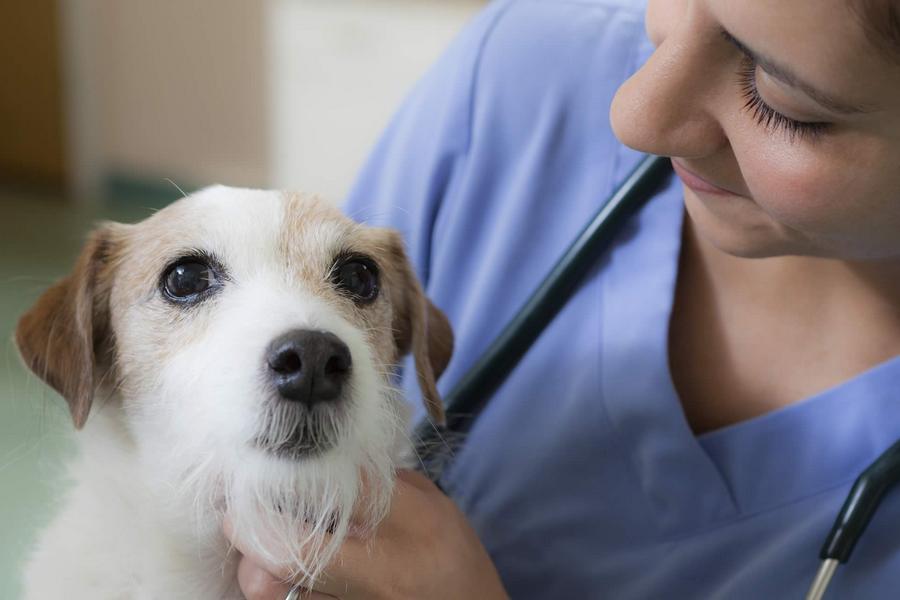Infectious diseases in animals pose serious challenges. Animal hospitals play a crucial role in managing these threats. You might wonder how a veterinarian in downtown Hamilton tackles such issues. Animal hospitals, like those in Hamilton, offer vital services to detect, prevent, and treat diseases. They conduct regular health checks and vaccinations. Quick actions by veterinarians can save lives and stop the spread of diseases. When an outbreak occurs, animal hospitals coordinate with public health officials to manage the situation effectively. Experienced staff employ advanced diagnostic tools to identify illnesses quickly. This quick detection ensures timely treatment. Animal hospitals also educate pet owners on caring for their animals and recognizing early signs of illness. By understanding the role animal hospitals play, you can appreciate their importance in keeping both animals and humans safe. Taking these steps helps to reduce the spread of infections, protect public health, and support the community.
Importance of Regular Health Checks
Table Contents
Regular health checks in animal hospitals are essential for early detection of infectious diseases. These checks help spot issues before they become severe. Vaccinations during visits ensure animals are protected against prevalent diseases. Consistent monitoring provides peace of mind and reduces the risk of outbreaks.
Effective Disease Detection Methods
Animal hospitals use various diagnostic tools to detect infectious diseases. Blood tests, cultures, and imaging are common methods. Prompt detection allows for timely treatment, reducing the severity and potential spread. This proactive approach can save lives and prevent future complications.
Prevention Through Vaccination
Vaccination is a key service offered by animal hospitals. Vaccines work by building immunity, protecting animals from specific diseases. This reduces the risk of outbreaks and keeps communities healthy. Ensuring pets are up-to-date with vaccinations is crucial.
Cooperation with Public Health Officials
Animal hospitals collaborate with public health officials to manage disease outbreaks. This partnership ensures a coordinated response. Sharing information and resources helps control the spread and protects the wider community. Cooperation between these entities strengthens public health efforts.
Education and Support for Pet Owners
Animal hospitals provide education to pet owners. They teach how to care for animals and recognize illness signs early. This knowledge empowers owners, helping them make informed decisions and seek timely care. Education is a vital tool in controlling disease spread.
Quick Response and Treatment
Instant response and effective treatment are crucial in managing infectious diseases. Trained staff at animal hospitals act swiftly. Early intervention can prevent complications and improve outcomes. Timely care is essential to stopping the chain of disease transmission.
Comparison of Common Infectious Diseases in Animals
| Disease | Symptoms | Prevention |
|---|---|---|
| Rabies | Fever, aggression, excessive salivation | Vaccination |
| Parvovirus | Vomiting, diarrhea, lethargy | Vaccination |
| Feline Leukemia | Weight loss, poor coat condition, fever | Vaccination |
Conclusion
Animal hospitals are critical in managing infectious diseases. They offer comprehensive services that include regular checks, vaccinations, and quick treatment. Their role extends to educating pet owners and collaborating with health officials. By visiting animal hospitals, you protect your pets and contribute to public health efforts. For more information about infectious diseases in animals, you can visit the American Veterinary Medical Association. Understanding the role of animal hospitals helps create a safer environment for both animals and humans.

